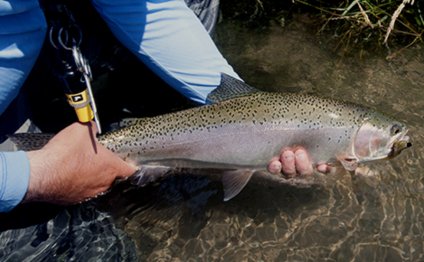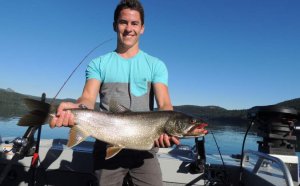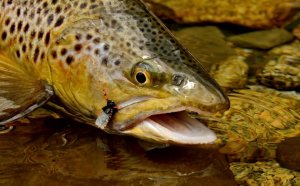
What day does fishing season Start?
Anyone age 15 and over is required to have a fishing or shellfishing license to fish for crab in Washington state. In addition, all fishers – regardless of age – are required to have a crab endorsement and a catch record card (CRC) while fishing for crab in Puget Sound.
Recreational crabbers will be issued at one or two catch record cards (CRCs) when they purchase a Puget Sound crab endorsement with a fishing license. One CRC is valid for the summer fishing season, extending from the opening day through Labor Day. The other CRC is valid for the fall/winter fishing season, which extends from the day after Labor Day through December 31st. Crabbers should only request a CRC for the season(s) they intend to harvest.
Summer CRCs and Fall/Winter CRCs must be reported to WDFW by the date printed on each card. Failure to do so will result in a $10 administrative penalty on the next license purchase. Crabbers have the option of returning their completed CRC to WDFW by mail or filing their report on the website listed on the cards.
Catch record cards, which provide an ongoing account of each crabber’s catch, are the foundation of the state’s accounting system for recreational catch. Just as fishery managers rely on fish tickets to track the commercial harvest, they depend on catch record card data to estimate the recreational harvest.
Data from catch record cards submitted for the summer fishery are used in estimating in-season catch relative to area harvest quotas. After the season is over, data from catch cards for both the summer and fall/winter fishing periods will be used to determine the total harvest for the season.
Accuracy is important. Inaccurate catch estimates can result in over-harvesting or unnecessary limits on fishing opportunities. That’s why carefully maintained, up-to-date catch record cards are vitally important in maintaining future fishing opportunity.
Since the crab catch record card was initiated in 2000, WDFW has implemented multiple incentive programs to encourage crabbers to return their catch card information. These incentives have included reminder post cards, free fishing license drawings, and the option to report on the Internet. Even with these incentives in place the Department did not achieve a reporting rate greater than 33%. The purpose of the penalty system is to further encourage crabbers to return their cards or report on the Internet by the deadlines, so accurate catch numbers can be produced for the recreational crab fishery. Since the penalty has been implemented, summer season reporting rates have improved to about 53% in 2012.
Fishing seasons, daily catch limits and other recreational crabbing rules are described in the Fishing in Washington rules pamphlet.
Harvest of Dungeness crab and other shellfish is shared equally between treaty Indian tribes and non-tribal fishers under a 1994 federal court ruling known as the “Rafeedie Decision.”
Non-tribal Puget Sound Dungeness crab fishing opportunities are divided between recreational and commercial fishers under a policy adopted by the Washington Fish and Wildlife Commission, the nine-member citizen panel that provides guidance to the Washington Department of Fish and Wildlife.
The Commission’s policy divides Puget Sound into six crab-management regions, three of which are off-limits to non-tribal commercial fishing. In the remaining three areas where both recreational and non-tribal commercial fisheries operate, recreational opportunity is based on specific summer and winter seasons. This strategy provides for a predictable summer season and for the possibility of winter seasons in areas where enough pounds remain on the State’s share.
Non-tribal crab fishing seasons for Puget Sound are set by the Washington Department of Fish and Wildlife within the allocation policy adopted by the Washington Fish and Wildlife Commission. Puget Sound recreational crab fishing seasons are identified in that policy for each of six crab-management regions of Puget Sound.
After Labor Day weekend, recreational crabbing closes in most marine areas for approximately one month while fishery managers count the summer sport catch. The areas where the State has additional pounds to harvest after the completed summer season are then opened for additional fall/winter seasons.
Share this Post
Related posts
When does fishing season open
A mild winter and early ice-out conditions on Maine lakes and ponds has prompted the Department of Inland Fisheries and Wildlife…
Read MoreWhen does the fishing season start
Ice fishing enthusiasts in southern Maine have caught a break this year after two consecutive delayed seasons caused by unseasonably…
Read More









